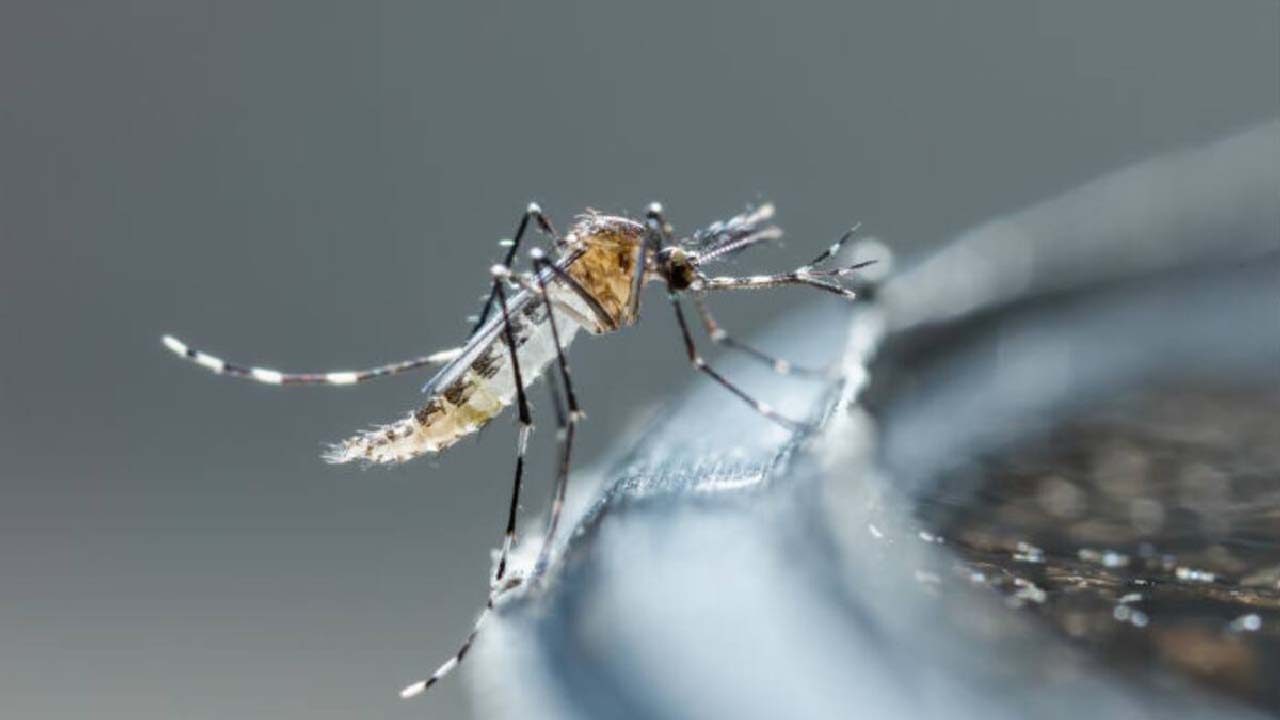Singapore has declared a dengue "emergency" as the Country deals with an unusually early epidemic of seasonal disease. But, more than just in Singapore, where the environment is ideal for Aedes mosquitoes that carry the virus, experts are warning that this is a tragic figure. That's because climate change is anticipated to lead to more frequent and broad breakouts in the future.
Dengue is a debilitating illness. Symptoms include-
- Fever
- Severe headaches
- Bodily pains.
In extreme circumstances, bleeding, breathing difficulties, organ failure, and even death are possible outcomes. Excessive heat and thundery storms have aided the spread of mosquitoes and the virus they transmit in Singapore's outbreak, which experts say has been made worse by the recent harsh weather. This outbreak could be a sign of things to come abroad.
Climate change, however, is expected to exacerbate the situation, she said. Singapore's Meteorological Service claims that the Country is warming twice as rapidly as the rest of the world. In May, the mercury soared to an all-time high of 36.7 degrees Celsius, accompanied by oppressive humidity.
Rise of Dengue fever cases in Singapore:
Singapore's National Environment Agency (NEA) issued a warning earlier this year about the rising number of cases of dengue fever. Unfortunately, as of June 3, things haven't gotten any better. New England Association of Hospitals (NEA) predicts that the number of cases is projected to reach "another historical peak, surpassing the greatest weekly total of 1,787 instances, and may approach 2,000 in June, which is just the beginning."
There have been more new cases of dengue fever in Singapore in the first five months of this year than there were in the entire year of 2021. Between January and the middle of May, there were over 8,500 dengue cases documented. Moreover, the dengue season, which lasts from June through October, is just getting started. The Country's National Environment Agency has warned that this year will see a severe epidemic. Dengue fever, which is spread by mosquitoes, has been known to put hospitals under extreme strain.
Several signs of dengue fever:
Skin rash and high Fever are symptoms to look out for in an infected person. Abdominal pain, rapid breathing, a swollen liver, blood in the stool, and vomiting are among the warning indications that a more severe illness may be developing. Doctors believe several variables are at play, including a spike in the DMV-3 serotype, which means that most people lack immunity. In addition, mosquitoes are rising, and more people are venturing out into the open these days. Finally, they said the relaxation of Covid-19 limitations might be a factor.
Distinct serotypes of Fever:
Getting infected by any of the four confers immunity for the rest of one's Life and ensures protection against the particular strain in question. However, a mechanism known as antibody-dependent enhancement can lead to more severe symptoms if you get a different serotype later. So Dengue is not as deadly as most people believe. If we wish to resolve this, of course, we can. Appropriate and timely treatment can reduce morbidity and mortality. Our hopes will not be disappearing anyway. So keep in touch with the doctor and keep your mind fresh with lots of positivity and let's light up the power of Life.
Disclaimer: The content on this site is for informational purposes only, and should not be taken as professional medical advice. Always seek the guidance of your doctor or other health professionals for any questions you may have regarding your health or a medical condition.

 Let us read about the sudden increase of dengue cases in Singapore
Let us read about the sudden increase of dengue cases in Singapore 










.jpeg)








.jpeg)
.jpeg)

.jpeg)


.jpeg)



.jpeg)
.jpeg)
.jpeg)